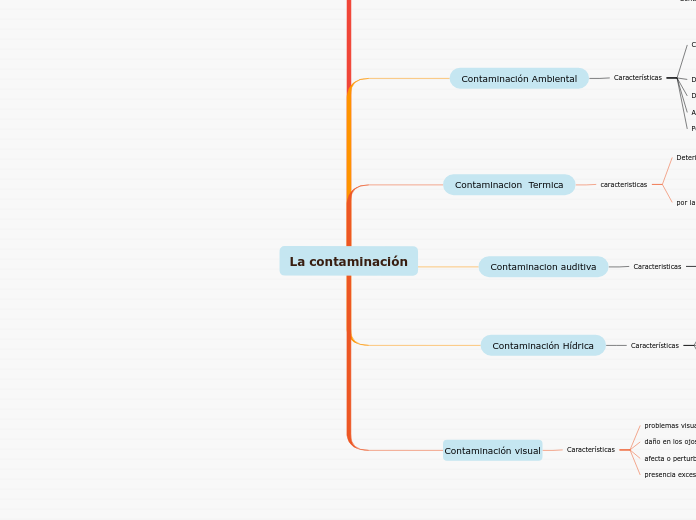por Diego Lemus hace 4 años
390
La contaminación

por Diego Lemus hace 4 años
390

Ver más

To name your story, you have to think about the overall message and what you want your audience to understand from the story. Also, make it relevant and easy to remember.
The ending of a story is essential. We all know that if the ending is weak, what happened before loses its importance. So make it unpredictable, but fair. A resolved ending answers all the questions and ties up any loose threads from the plot.
This is the closure section of the story.
See examples of possible outcomes below:
Try answering these questions in order for you to come up with a closure:
- Have all problems been solved?
- Is it clear what happens with all your characters in the story?
- Has the challenged transformed your main character?
- How do the characters feel in the end?
Subtema
Try answering these questions to come up with a closure:
- Have all the problems been solved?
- Is there a clear picture of what happens with each character in the story?
- Has the challenge transformed your main character?
- How do the characters feel in the end?
excesivo de postes
The middle of the story is where you add layers of complications that will lead to the end. Reveal more about the character's journey. Did their personality go through changes? How did they overcome the challenges? And as you build up the story’s central conflict, make it more personal to that character. Also, from the middle act, you have to lead into the final act.
Your character(s) need(s) motivation in order to solve the challenge(s).
Secondary characters might also have motives that lead them to cross paths with the main character or which might trigger them to help the main character.
calor
mucha temperatura
mucha sequia y menos agua
mucho frio
bajas temperaturas
esto puede acabar nuestro planeta por la basura
muerte de animales
Why does your character need to confront this challenge? What does he/she expect to accomplish by solving it?
See a few examples:
Sequias
menos comida
muertes
Huracanes
Sequías
Inundaciones
In the beginning of the story (or the exposition), you will need to introduce the setting and characters. You might also want to introduce the main conflict. This part of the story is important because it gives the reader necessary background information and maybe even a first insight into a character’s personality.
The setting (time & place) of a story can change throughout the plot.
Sensory details include sight, sound, touch, smell, and taste. These details are important because they create depth in your setting.
See a few examples below:
Sensory details
The weather is an important element in your story because it can highly influence the ambiance and the mood of the characters.
se da por fabricas , vertederos ilegales , carreteras y los depuradores
The most affected character is the main character. Write down here if he/she is affected by these weather conditions in any way. For example, if they lost a family member or their home during a hurricane, etc.
Se mas que todo en las ciudades
Decide if you want to include an element of nature in your story. For example, a rainbow can be a very nice choice for a happy ending. The mist in a story can represent mystery and secrets. A thunder can appear in the background at the moment when the 'bad guy' of the story makes its appearance, etc.
Se da en areas reducidas
Does your story include catastrophic weather? See a few suggestions below or add your own:
- hurricane, earthquake, storm, etc
The time of the story can also change. It can describe the event of a single day or can include an entire year's plot. Anyway, don't forget to mention it.
Esto contamina porque se utilizan muchos pesticidas , plaguicidas , fertilizantes y otros tipos de metales y quimicos que se quedan en los suelos y esto daña las plantas , frutas , verduras , etc